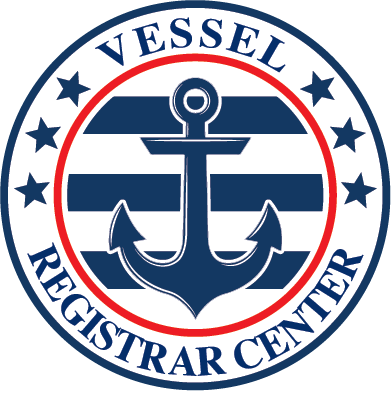You may be a new owner of a USCG boat and have questions about a vessel bill of sale and why it is vital to have one. This paper is a legally binding agreement between the buyer and seller of a boat. It specifies the specifics of the selling transaction and is signed by both parties. The boat’s name, hull identification number (HIN), and purchase price are some of the information included. Because a bill of sale may also be used as evidence of ownership, you must preserve a duplicate of it for your files. Please contact an attorney or the US Coast Guard office in your area if you have any concerns about bills of sale or any other element of boat ownership. The following is information that is necessary for you to know about this important document:
What Is A Vessel Bill Of Sale?
A vessel bill of sale is a legal document detailing the conditions under which an individual purchases a boat. It is essential to ensure that you are aware of what is included in the bill of sale before you sign on the dotted line to ensure that you are getting everything that you need and nothing that you don’t. If you purchase a boat that comes up for sale on Craigslist, eBay, or some other venue and the seller has no bill of sale for it, your only option for registering it is to go through the process of obtaining a new title. It is essential to ensure that you are getting everything that you need. The procedure takes a few weeks, and consists of completing our documents at the DMV and waiting for them to send you back a new title with the former owner’s name crossed out and your name substituted.
Why Is It Important?
If you want to sell your boat or transfer ownership to another person for any other reason, you will require this paperwork (for example, gifting it). If there is any doubt about who the rightful owner of the ship is in the future, you can use the bill of sale as additional evidence to support your claim according to tufts.edu. A vessel must be less than 25 feet long for it to be able to be sold without this document, which is a concise length for a boat.
Even if the boats are being given or donated, this paperwork is often used to complete the sale of the vessel. The document itself serves two purposes: first, it safeguards both parties by delineating their respective responsibilities and providing an outline of what is expected of them. In addition, it ensures that both parties are aware of crucial issues and their respective obligations under the law governing ownership.
What Information Is Included In A Vessel Bill Of Sale?
When you purchase a boat, you will likely sign a paper, one of the essential contracts you will ever sign in your entire life. However, it is also likely one of the most misunderstood and neglected concepts. If you don’t clearly understand what’s going on when you sign this document, you could be setting yourself up for trouble in the future. Take it from someone who has seen thousands of boat sales; if you don’t clearly understand what’s going on, you could be setting yourself up for trouble in the future.
You will be able to make an educated choice regarding whether or not a document such as a bill of sale is in your best interest as a buyer or seller after you have a complete understanding of all the ramifications and possible drawbacks associated with a vessel bill of sale. As an example, the following basic guidelines may assist you in identifying what information to include in your bill of sale:
- The information of the seller(s) and buyer(s)
- The type of vessel being sold
- The length of the vessel
- The year that the boat was made

How Do You Get One?
A bill of sale must be completed when purchasing a vessel from a dealer, whether it is new or old. Both parties need a copy of this legal document, which records the sale and lays out the details regarding the boat, such as who registered it, its serial numbers, and who holds the ownership. When writing your boat, you’ll need to provide the bill of sale to the appropriate state department. There are two options for obtaining a brand new boat and registering it in-state: either take it to the maritime documentation center or take it to an agency in the state where you’re getting the boat from. A private seller, as opposed to one from a dealership, may not have done this yet, but they should do it as soon as possible to ensure that their data is entered into the system correctly. To register your boat, you’ll need a bill of sale if there isn’t one on file.
Many rules govern who owns a boat and who is responsible for its upkeep after it is acquired. The Vessel Bill of Sale is a legal document detailing your purchase and the owner’s responsibilities. Contact the Maritime Documentation Center at 800-535-8570 if you have any queries about your rights as a new boat owner.




